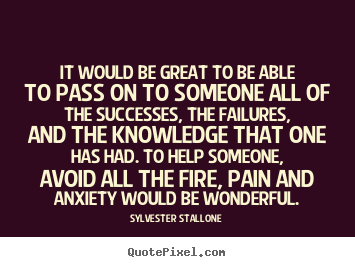L is for Labels
Labels. They’re everywhere. On clothing, on jars, cans,
poisons etc. I’m sure you can ramble off a whole list of things that have labels on
them in ten seconds. Okay - ready, go!
How many did you come up with?
What do you think of when you hear these words?
Rock star… Lawyer… Checkout Chick… Teacher.... Do they conjure up in your
mind particular images?
Now I’ve just ordered some business cards. I had to choose
what labels I was going to have printed on my card; words that would represent me.
On my website www.jennywoolsey.com I
have quite a list of words that I define myself by so I chose from those.
Now I must say one of the most important words that defines me, is
Mum. But did I put that word on my business card? No. Well why didn’t I? Because it’s
called a ‘business’ card. I am labelling myself with employment details
essentially. And with those labels come expectations. As a blogger there is an expectation that I blog regularly. As a teacher I have an university qualification that says I have the skills to teach. If I wrote plumber on my business card, then there would be an expectation that I had a trade - which I don't. I know nothing about plumbing.
What does your business card say, or if you don’t have one,
how do you describe yourself to people who ask you, ‘What do you do?’
In the privacy of your bathroom, or when you stare into your
bedroom mirror, what do you see? What do you call yourself? What labels do you
give yourself? Fat, ugly, worthless? Look at these ladies – could they be you? What labels do you give other women you see?
Wouldn't it be a better world if we saw the best in other people, not the worst? If we encouraged instead of being critics? If we changed our self-talk from negative words to positive? If we used words such as strong, courageous, kind, smart?
To be able to access support services, children must have a
label. For education it’s something like physically impaired, intellectually
impaired, speech/language delayed etc. Pediatricians attach labels to
children, such as Attention Deficit Disorder, Autistic, Dypraxic… the list goes
on.
Now there is no denying that having a label is helpful and
necessary if your child needs extra assistance. But with these labels come extra invisible labels which are based on the person’s and society’s prejudices
and ideas about what that label means.
Have you experienced this yourself?
We have, with all three children, but most prevalently with
our youngest, who has the label ‘Down syndrome’. Oh boy, there is so many
invisible labels attached to that major label, and I would have to say that they are negative words like, 'won't achieve so we won't make her', 'dumb', 'undervalued', 'annoying'. Now these labels aren't what we've given her. We describe her as, 'cherished', 'valuable', 'able to achieve to full potential', 'talented', 'funny'.
I know of others who have experienced similar situations. People see a label and they make presumptions which aren't necessarily true.
I like this quote which says that kids are more than labels. Labels based on the exterior do not delve into a child's heart, their character, their individual nature. I pray for the day where people are not taken on face value.
Maybe we need to stop and think before we label someone negatively.
Even with whatever people want to label me with, there are so many other sides to me.
Wiz Khalifa











